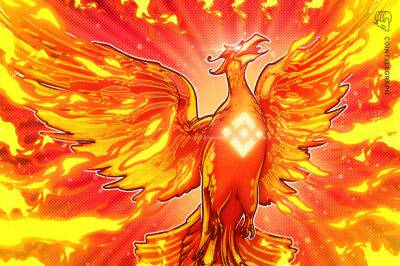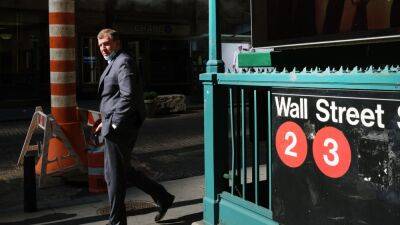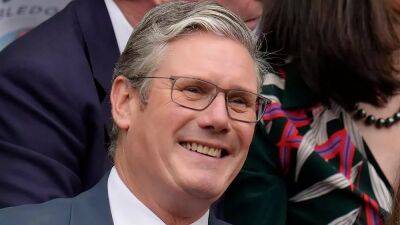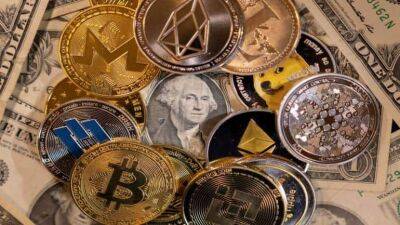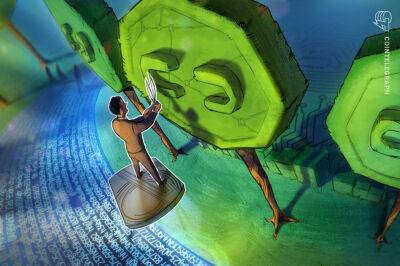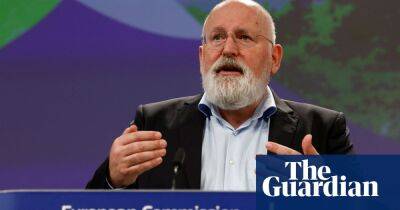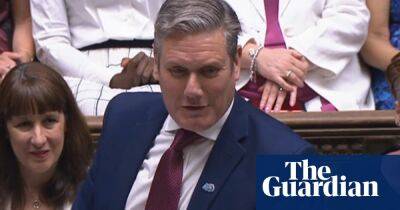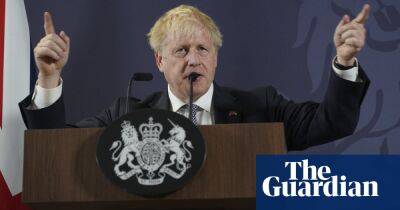Zero-growth warning for UK economy as petrol prices surge
Boris Johnson’s attempt to reset his troubled premiership has received a double blow after petrol prices had their biggest daily rise in 17 years and a leading international thinktank said the UK economy would slow to a standstill next year.
Fears that Britain is heading for a prolonged period of 1970s-style stagflation intensified amid fresh evidence of the damaging impact of the war in Ukraine on the cost of living and growth.
Dashing government hopes of a sustained recovery from the Covid pandemic, the Organisation for Economic Co-operation and Development (OECD) singled out the cost of living crisis as a cause of Britain’s slide down the international growth league table. It said the UK would be the weakest economy in the G7 group of leading industrial nations next year.
In the latest twist to inflation, motorists are faced with the imminent threat of the cost of filling the average family saloon hitting £100 for the first time, after the cost of a litre of petrol rose 2.23p on Tuesday to more than 180p.
The data firm Experian Catalist said a similar increase on Wednesday would result in the £100 barrier being breached. Some forecourts are already selling petrol above £2 a litre, including a BP garage on the A1 near Sunderland that was charging 202.9p.
Average diesel prices are also at a record high, hitting 186.6p on Tuesday, up 1.4p from Monday. Higher diesel prices have a significant impact on the wider economy because businesses typically use the fuel to fill vans and lorries. Before Russia’s invasion in late February, petrol and diesel were hovering around the 150p mark.
With ministers wary of a backlash from drivers, Downing Street told petrol retailers they could face investigation by the competition watchdog if
Read more on theguardian.com




